Netanyahu to agree to ‘soft annexation’ of West Bank: Israeli media
Israeli prime minister-designate Benjamin Netanyahu has reportedly agreed to hand the so-called civil administration in the occupied West Bank to the far-right Religious Zionism party, a move that signals more extremism towards Palestinians and a breach of the Abraham accords concluded with some Persian Gulf states.
The Likud leader has decided to move the administration from the regime’s ministry of military affairs to the ministry of finance. His decision comes in order to appease his ally Bezalel Smotrich, who is a far-right member of the Knesset and leader of the Religious Zionism party, Haaretz reported.
The Times of Israel also reported that, Smotrich, the intended finance minister, is eager to take control of the agency and advance his agenda of expanding illegal Israeli settlements in the West Bank and thwarting Palestinian aspirations for an independent state in the territory.
The agreement was reportedly reached as part of the ongoing coalition talks between Netanyahu’s Likud and Religious Zionism, which stalled once more after the parties failed to reach an agreement on several other key issues.
By agreeing to the transfer of the military body, Netanyahu has been accused of reneging on his deal with the Arab States.
The move “will be a ‘soft annexation’ of the WB & violation of the commitment Netanyahu gave the US & UAE to suspend his annexation plan,” said Israeli journalist, Barak Ravid on Twitter.
“It could harm the Israel-UAE peace treaty,” Ravid added, referring to the 2020 normalization deal.
Under Netanyahu’s previous term, the regime sped up annexing Palestinian lands in order to expand illegal settlement projects. Also, political commentators and Netanyahu’s critics have long criticized him for demonizing the Arab community with his political rhetoric.
However, Netanyahu promised to expand so-called peace deals with Arab states after being tapped to form his new government. Sources said he will have to contend with far-right and ultra-zionist allies who could complicate his efforts.
Before the elections, the UAE Foreign Minister Abdullah bin Zayed reportedly warned Netanyahu against including Smotrich or Ben-Gvir in a future government.
Netanyahu normalized ties and signed agreements with Emirati Foreign Minister Sheikh Abdullah bin Zayed Al Nahyan and Bahrain’s Foreign Minister Abdullatif Al Zayani during an official ceremony hosted by former US president Donald Trump at the White House in September 2020.
Sudan and Morocco followed suit later in the year and inked similar US-brokered normalization deals with the occupying regime. Among the alleged issues agreed on in the context of the deal, was to stop further Israeli annexation of Palestinian territories.
Palestinian resistance movements have denounced normalization deals with Israel, saying they are aimed at legitimatizing the regime in the Middle East and striking up an alliance with Tel Aviv.
Why is this move important?
The ministry is hugely significant for Palestinians, as it oversees the coordination of Israel’s activity in the occupied West Bank.
The civil administration, a military unit responsible for implementing the Israeli regime policies in the West Bank, stands behind violations of rights committed against Palestinian civilians across the occupied Palestine and oversees all matters related the rights they should enjoy of which they are deprived most of the time.
The military body is in charge of issuing travel permits from the West Bank and Gaza to occupied areas and within the West Bank, work permits for Palestinians, in addition to any kind of house construction permits which are almost impossible to obtain, land annexation or demolition orders.
According to the Institute for Middle East Understanding, “Religious Zionism is an extreme right-wing Israeli political coalition made up of three overtly racist and supremacist parties: Religious Zionism, Jewish Power, and Noam. They united for the 2022 election campaign under deals brokered by former Prime Minister Benjamin Netanyahu, whose Likud party they are allied with.
The coalition’s official 2022 platform said it has two main objectives. The first goal is to expand settlements, including legalizing more than 100 so-called settlement “outposts” built without official Israeli government approval. The second objective is further restricting the ability of Palestinians to build homes on their own land in the occupied West Bank, which is already severely limited by the Israeli apartheid regime.
Since the establishment of the apartheid state in 1948, successive Israeli regimes have created and maintained an illegal system of laws, policies, and practices designed to oppress and dominate Palestinians.
This system plays out in different ways across the different areas where the apartheid regime exercises control over Palestinians’ rights, with the intent of privileging illegal Israeli settlers at the expense of the Palestinians.
Between 600,000 and 750,000 Israelis occupy over 250 illegal settlements built since the 1967 occupation of the Palestinian territories of the West Bank and east al-Quds.
US kidnapping of Venezuela’s president ‘clear instance of state terrorism’: FM
‘Maduro our only president; no empire will rule us’: Venezuela vows resistance after US kidnapping
VIDEO | Press TV's news headlines
VIDEO | US aggression against Venezuela
Iran widens food subsidy coverage amid rising living costs
Gen. Soleimani thwarted US plots in West Asia region, Hezbollah chief says
VIDEO | Thousands gather in Baghdad to honor Soleimani and al Muhandis
Israel abducted 42 Palestinian journalists, including 8 women, in 2025


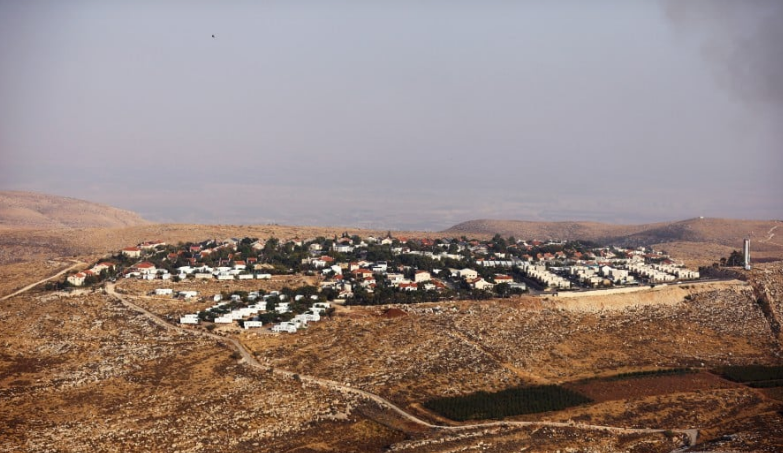

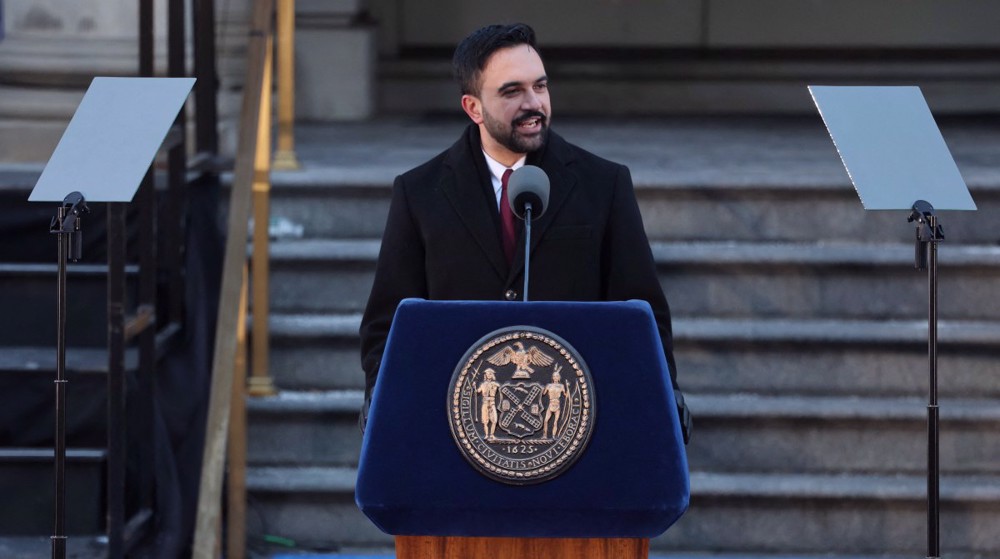
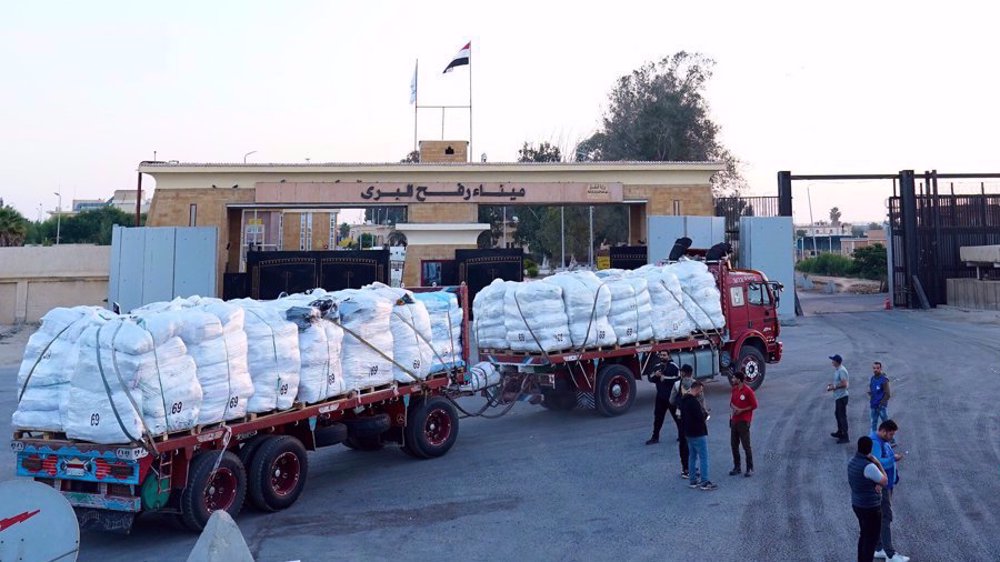



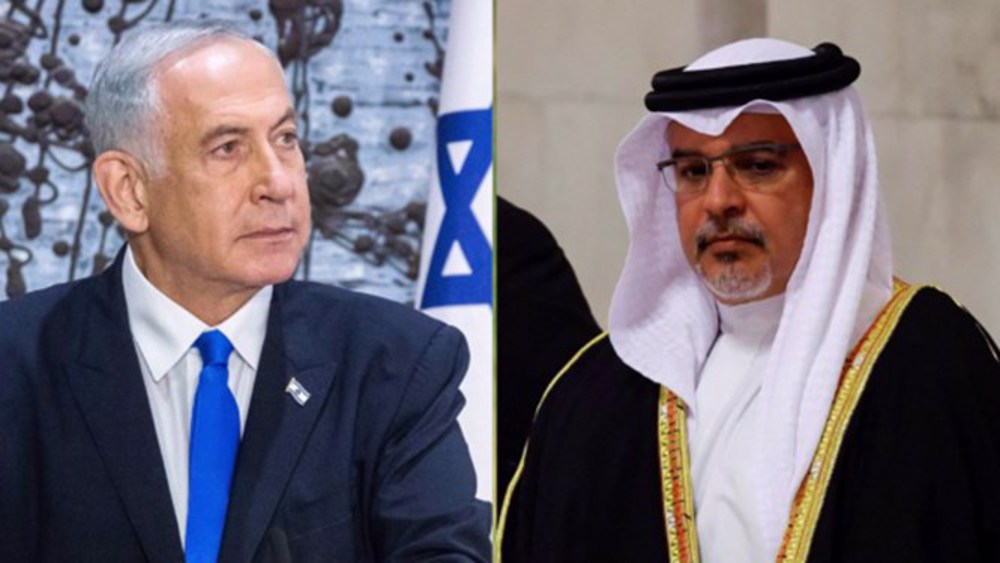
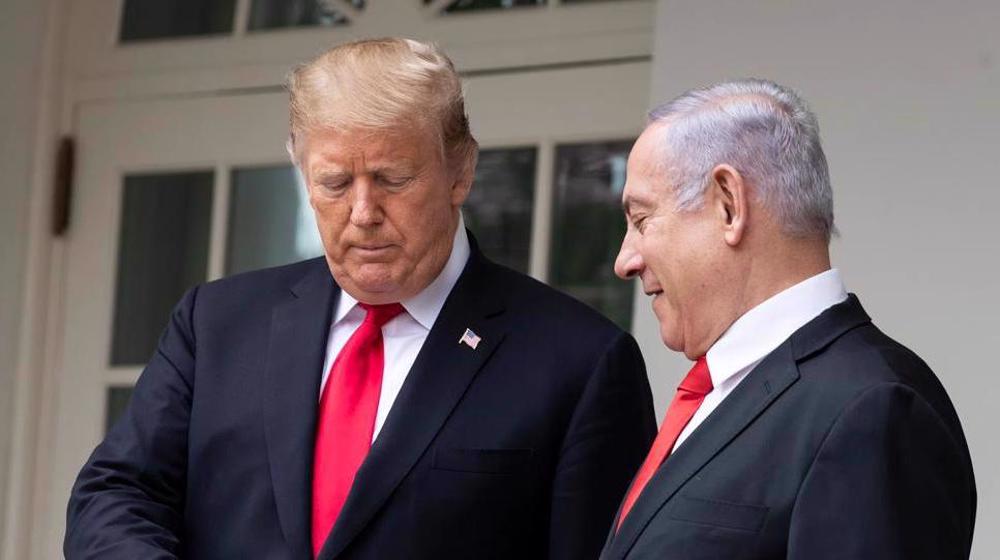
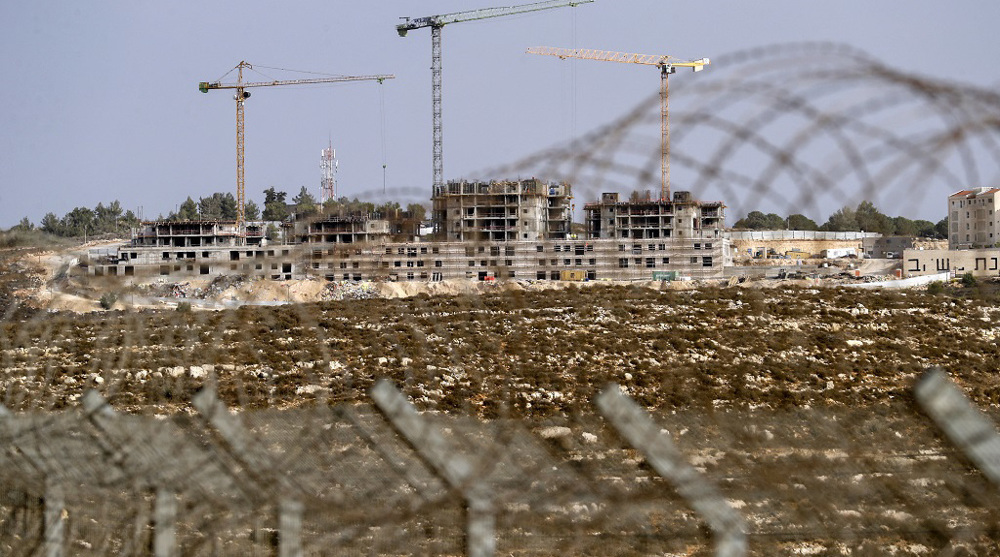

 This makes it easy to access the Press TV website
This makes it easy to access the Press TV website